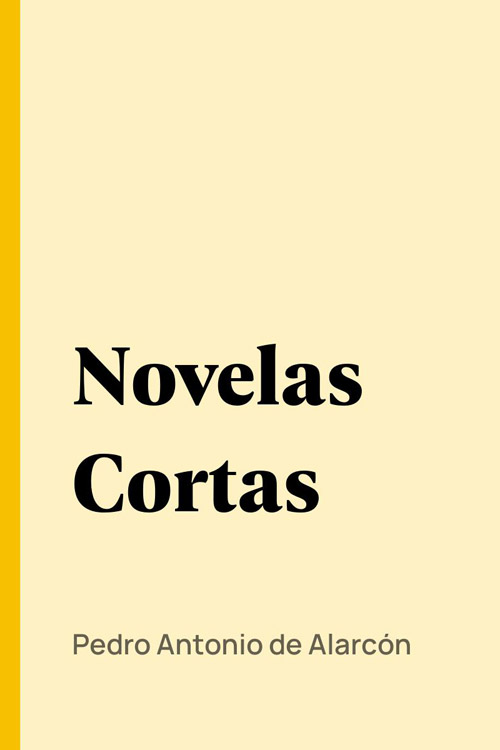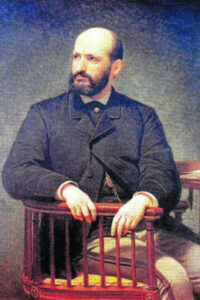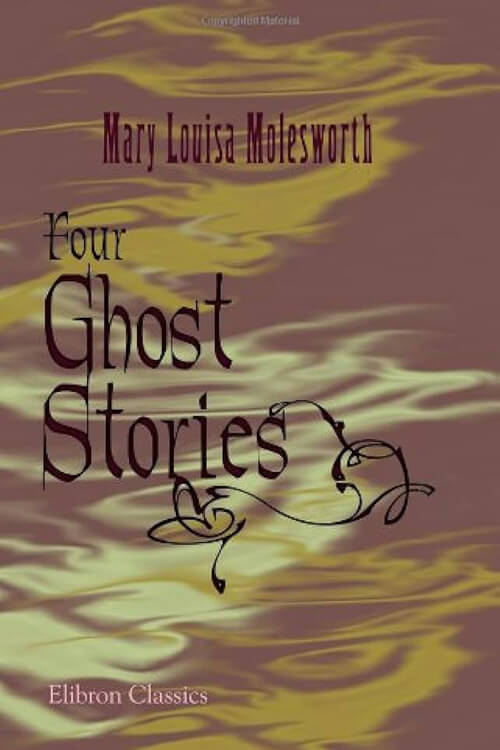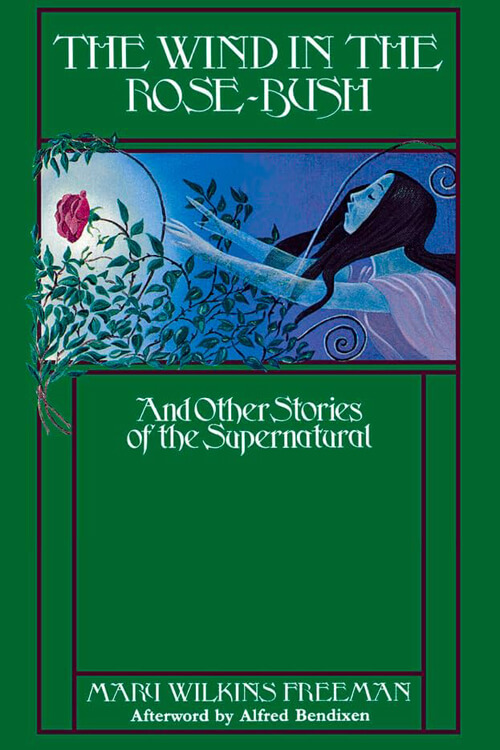
Novelas Cortas
The following stories from Alarcón are offered to the students of Spanish in the belief that the effortless style, the interest of the narrative, and the incidental sidelights that they throw on Spanish life and history will make the book a welcome one in the earlier stages of study. The stories have been fully annotated, and nothing that seemed to offer any real difficulty has been passed over. All proper names have been explained, except those that are too well-known or insignificant to justify the comment.
Read or download Book
Pedro Antonio de Alarcón
Pedro Antonio de Alarcón y Ariza (10 March 1833 – 19 July 1891) was a nineteenth-century Spanish novelist known best for his novel El sombrero de tres picos (1874), an adaptation of popular traditions that describes village life in Alarcón’s native region of Andalusia.
Biography.
It was the basis for Hugo Wolf’s opera Der Corregidor (1897); for Riccardo Zandonai’s opera La farsa amorosa (1933); and Manuel de Falla’s ballet The Three-Cornered Hat (1919). Alarcón wrote another popular short novel, El capitán Veneno [es] (‘Captain Poison’, 1881). He produced four other full-length novels. One of these novels, El escándalo (‘The Scandal’, 1875), became noted for its keen psychological insights. Alarcón also wrote three travel books and many short stories and essays. Alarcón was born in Guadix, near Granada. In 1859, he served in a Spanish military operation in Morocco. He gained his first literary recognition with Diary of a Witness to the African War (1859–1860) [es], a patriotic campaign account.






